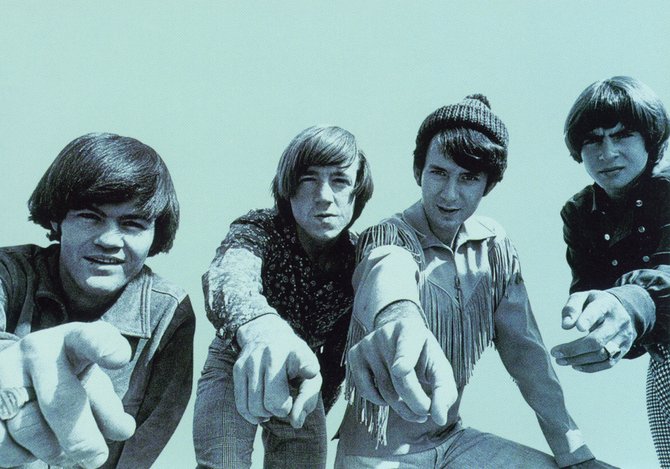The Monkees still spark arguments among die-hard music fans all over. Photo by Courtesy Flickr/Nico7Martin
We have an ongoing argument in my house concerning whether music can be both artistic and commercial. In my opinion, the two qualities are in a fine balance, but occasionally a song or work will have both at once. For example, The Beatles are regarded as one of the most influential bands of all time. Plus, those four mop-topped Brits sold gobs of records.
A good friend of mine bought the Milli Vanilli CD when it came out in 1989. He genuinely liked the music. For those who don't know, the guys who were part of Milli Vanilli did not sing the songs. They merely lip-synced and danced during performances. When the public found out, it created a huge brouhaha, and fans felt genuinely duped. The record label offered a rebate to people who bought the album, and the members of Milli Vanilli returned their Grammy for Best New Artist.
I understand returning the award, but I'm not quite sold on getting a refund for the record. Did people buy it because they actually liked the music or because they liked the way the guys looked and danced on the stage and in videos? Should the answer even matter? People usually like music because it pleases them in some basic way. You don't necessarily have to see Robert Johnson play the guitar to get a sense of the emotion or technical brilliance he pours into the performance in order to appreciate it.
(My friend did not request a refund.)
Occasionally, an artist will come along who blows the roof off preconceived music standards. Lady Gaga presents a total package of visual and musical. While she may not be breaking new ground musically, you could argue that her videos and performances—and, really, her whole life—border on performance art. It also doesn't hurt that she produces hit songs. Madonna did something similar in the '80s and '90s. People still talk about Madonna and generally regard her as a trailblazer for women in music. Will people still talk about Lady Gaga in 50 years?
Another interesting case I often discuss with other music enthusiasts is that of The Monkees. For every person who dismisses the band as a made-for-TV phenomenon, two more people will argue for the band's innovative qualities and impressive music catalog. Because the band was on a weekly television show, and outside producers and writers largely controlled its early recordings, some people say The Monkees doesn't really deserve a spot in rock's history. The guys wrested control away from those powers-that-be and began writing, playing and producing their own material. Sadly, record sales plummeted, and the show got canceled.
Now, almost 50 years later, Monkees recordings have endured, and even the most ardent music fans usually celebrate them. The songs were clearly quality, and the band rose above much of the other music released during its heyday.
Another interesting case: In the band's career, Pink Floyd released only one single that topped the charts, "Another Brick In The Wall (Part 2)." But read any book or article on rock music's history, and it doesn't take long to realize Pink Floyd is one of the most touted and important groups of all time. Not bad for a one-hit-wonder, huh?
Only history can truly judge art. Something must stand the test of time and continue to demonstrate its value. In the short history of rock, some bands no one knew about during their prime are now held in the highest regard. For a perfect example of this, read about the brief life of the Memphis band Big Star.
Find me in 50 years, and let's talk about the music we're hearing on the radio. I can't wait to see which of today's hits survive the test of time.



Comments